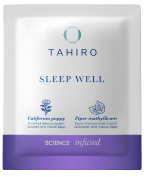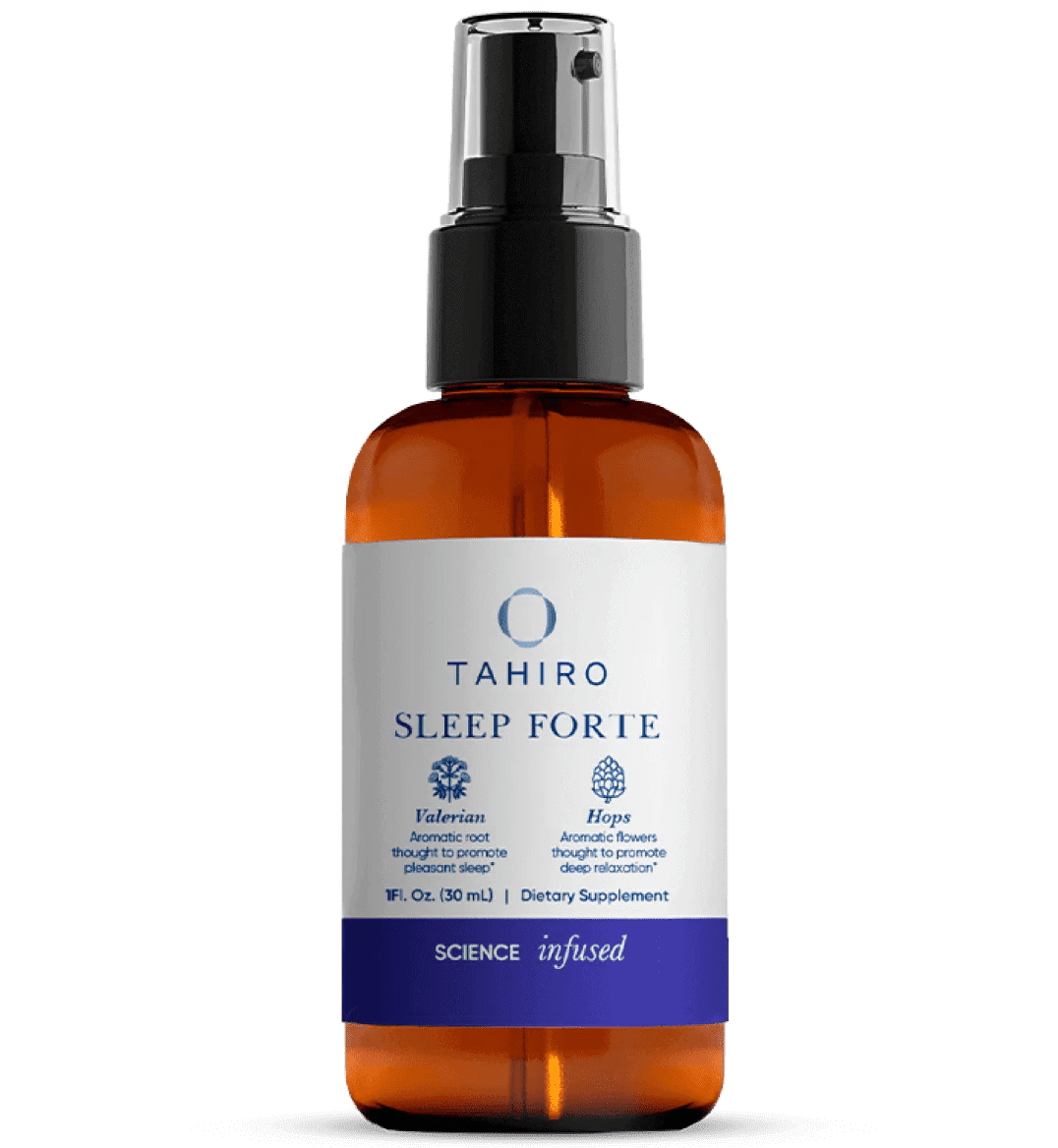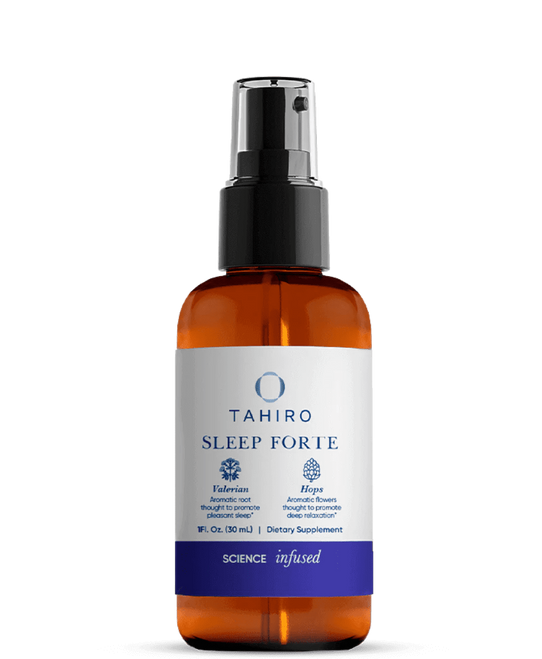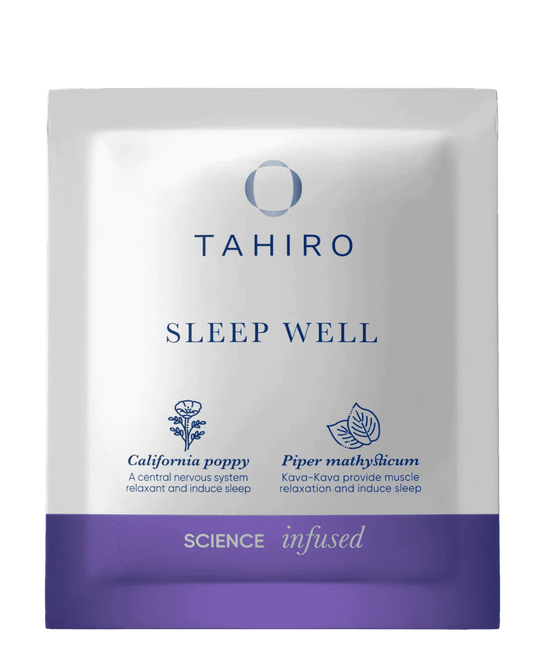Struggling with sleepless nights? Tossing and turning can be incredibly frustrating. Poor sleep may result in hormonal imbalances, weight gain, and cognitive issues (1).
Many people seek natural options before resorting to medication. Two popular choices are valerian root and melatonin, known for their sleep-inducing properties. But how do they compare, and which is more effective?
This article explores how melatonin and valerian root support better sleep. It will cover dosage recommendations, potential side effects, and how these supplements can be used together to combat insomnia.
Valerian Root: An Overview
Valerian root, derived from the Valeriana officinalis plant, has a long history in traditional medicine as a sedative and sleep aid. Its natural compounds are thought to help boost levels of gamma-aminobutyric acid (GABA) in the brain, fostering a sense of tranquility and easing you into sleep (2).
Additionally, valerian root is known for its mild sedative properties without the grogginess that often accompanies pharmaceutical sleep aids. Research shows that regular use of valerian root can improve sleep onset and reduce nighttime awakenings, resulting in a more restful and rejuvenating sleep (3).
Melatonin: An Overview
Melatonin is a hormone produced in the pineal gland in response to darkness. It plays a crucial role in regulating the body’s circadian rhythm, essentially acting as a signal to your body that it’s time to prepare for sleep.
Unlike valerian root, melatonin directly influences the sleep-wake cycle. As a supplement, melatonin is often used to help with various sleep disorders, including insomnia and jet lag (4). By mimicking the natural increase in melatonin that occurs in the evening, it helps to reset the internal clock, making it easier to fall asleep and stay asleep.
Valerian Root vs. Melatonin: Key Differences and Similarities
Both valerian root and melatonin are used to promote sleep and help you achieve a restful night. However, they differ significantly in their mechanism of action and origin.
Valerian root is an herbal supplement derived from a root (Valeriana officinalis). As mentioned, it primarily works in the nervous system by increasing levels of GABA, which is a neurotransmitter that helps calm neural activity and promote relaxation.
In contrast, melatonin is a hormone that is naturally produced in the body in response to darkness. Its primary role is to regulate the sleep-wake cycle, helping re-align sleep patterns for people with disrupted sleep.
Another key difference lies in their onset and duration of action. Valerian root generally takes longer to produce noticeable effects, often requiring several weeks to notice any changes. However, melatonin tends to act more rapidly, typically within 30 to 60 minutes to notice the results.
Melatonin for Sleep: Dosage and Side Effects
Melatonin dosage can vary significantly depending on individual needs and the condition being treated. Typical dosages range from 0.5 to 5 mg, taken 30 to 60 minutes before bedtime. However, starting with lower doses is generally recommended. Higher doses are not necessarily more effective and can disrupt the body’s natural melatonin production, potentially leading to dependency and diminishing its effectiveness over time [6]. Tahiro's Sleep Well capsules contain a minimal melatonin dosage of 1 mg, carefully formulated to provide gentle sleep support without causing dependency. This lower dose is non-habit forming and aims to enhance sleep quality without overwhelming the body’s natural rhythms. It’s a safer alternative to higher dosages that may lead to unwanted side effects such as dizziness, headaches, or nausea [7].
Valerian Root for Sleep: Dosage and Side Effects
The dosage of valerian root can vary depending on the form and concentration of the supplement. Typically, it is taken in doses ranging from 300 to 600 mg, roughly 30 minutes or 2 hours before bedtime (8).
While valerian root is also considered safe for most people, it may cause some side effects, particularly when taken in high doses or for extended periods. Common side effects include headaches, dizziness, stomach upset, and dry mouth.
Does Melatonin or Valerian Root Work to Treat Insomnia?
Research shows that both options can be effective for those struggling to fall or stay asleep, with melatonin being particularly useful for circadian rhythm disorders and valerian root for anxiety-related sleep disturbances (8)(9).
Valerian Root vs. Melatonin: Which is Better?
The choice between valerian root and melatonin depends on specific needs and individual responses. For those whose sleep troubles are linked to anxiety, valerian root may be the preferred choice. On the other hand, melatonin may be a better option for those needing to reset their sleep-wake cycle.
With that said, it’s best to talk with a health professional to determine the best option based on your goals and needs, as well as the recommended dosage.
Can You Take Both Melatonin and Valerian Root?
Absolutely! Combining natural sleep aids like melatonin and valerian root can be an effective strategy for improving sleep quality. Melatonin helps regulate the sleep-wake cycle, signaling to the body when it's time to rest, while valerian root promotes relaxation and reduces anxiety, making it easier to fall and stay asleep.
For example, Tahiro's Sleep Well supplement is formulated with 1mg of melatonin and valerian root, specifically designed to work in synergy. This combination provides gentle support for falling asleep faster and achieving deeper, more restful sleep without the risk of dependency. By using a balanced formula, Sleep Well helps maintain and regulate the body's natural sleep mechanisms, making it a great option for those seeking a natural solution for better sleep.









